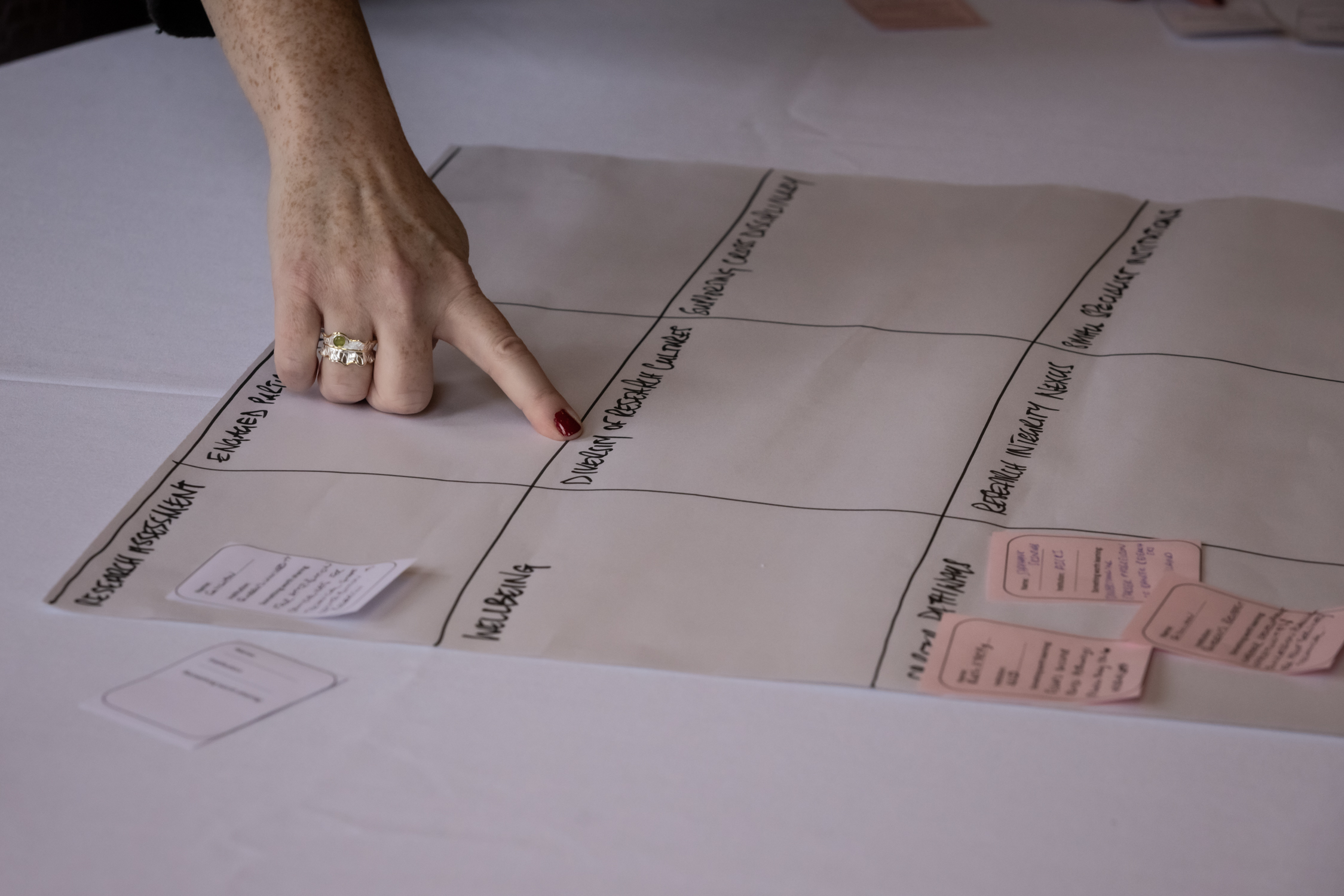
From Communities of Practice to Communities of Engagement: Transforming Research with Marginalized Communities Through Co-Creation and Collaboration
Authors: Dr Michelle O'Keeffe, Denise Heffernan, Moya Cronin, Dr Sarah Hayes, Dr Mary Galvin, Dr Susan Rea
Organisations: Munster Technological University Cork
The transition from Communities of Practice (COPs) to Communities of Engagement (COEs) marks a significant evolution in research and collaboration, particularly when working with marginalised communities. This initiative establishes COEs as a framework for fostering inclusive spaces that prioritize active collaboration, co-creation, and shared decision-making among diverse stakeholders. While COPs facilitate knowledge exchange, they often lack mechanisms for meaningful participation from underrepresented groups. COEs address this gap by centring on lived experiences, ensuring research is equitable and impactful. This approach is currently being trialled through two research projects: IDEATE, which focuses on the inclusive design of digital public services, and MOBILISE, which addresses energy poverty in the Irish Traveller community. Both projects exemplify how COEs can centre the voices of marginalized groups, fostering meaningful partnerships and generating solutions that are informed by lived experiences. By engaging directly with communities and amplifying their perspectives, COEs ensure research outcomes are empathetic, equitable, and impactful. These projects employ participatory research methods, including community-led workshops, stakeholder co-design sessions, and iterative feedback loops to integrate diverse perspectives into decision-making. Early findings indicate that COEs foster trust, enhance engagement, and generate practical solutions, as seen in IDEATE’s improved accessibility of digital services and MOBILISE’s policy discussions informed by direct community input. By embedding COEs into research frameworks, this initiative demonstrates their potential to transform research practices, ensuring inclusivity, responsiveness, and long-term impact while driving meaningful and lasting change.
